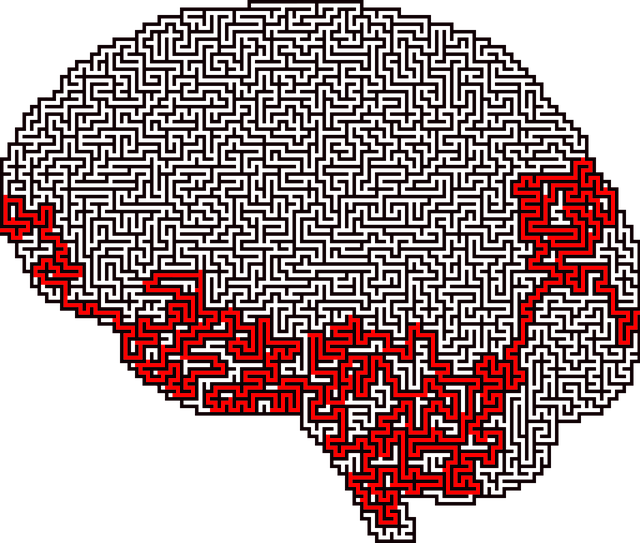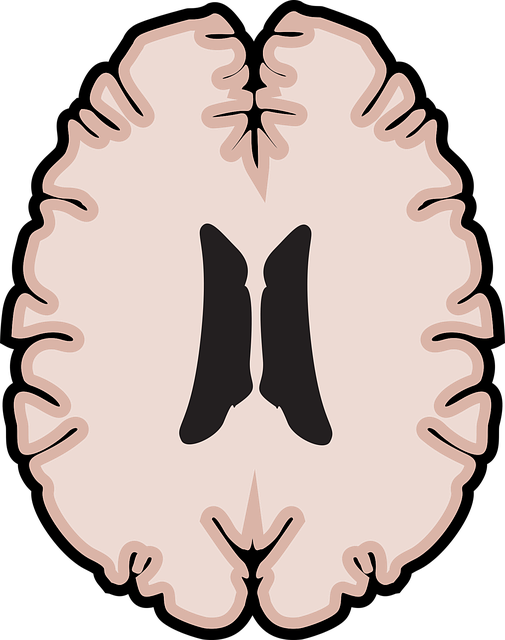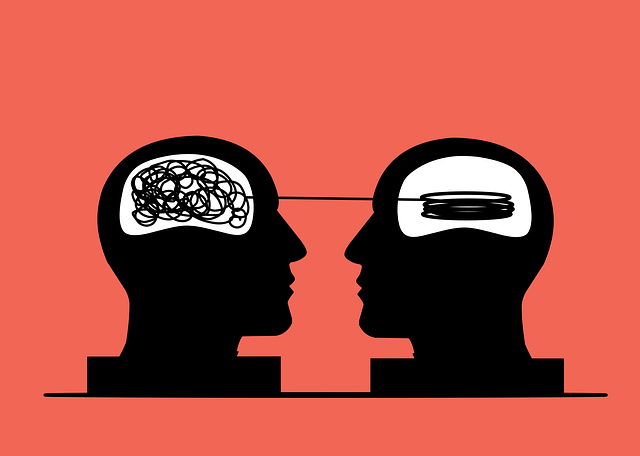Mental wellness programs designed for adults with eating disorders go beyond diet by integrating evidence-based therapies like CBT, DBT, and IPT. These holistic approaches address underlying mental health issues, helping individuals develop healthier coping strategies, enhance self-care practices, and cultivate compassion. Evaluation is crucial through standardized measures (DASS, BIA) and qualitative techniques (interviews, focus groups), tracking changes over time for informed program improvements. Long-term follow-ups assess the impact on symptoms, behavior, and well-being, ensuring adaptable therapy for robust recovery in eating disorders. Data-driven evaluation methods refine interventions, promoting positive thinking and emotional regulation for enhanced mental wellness.
“In addressing complex mental health issues such as adult eating disorders, evaluating the effectiveness of therapy programs is paramount. This article delves into comprehensive strategies for assessing and improving mental wellness initiatives. From standardized measures and qualitative insights to long-term impact analysis, we explore a multi-faceted approach to gauge success. By employing these evaluation methods, therapists can refine their approaches, ensuring tailored care for adults navigating eating disorders. Discover how data-driven insights drive positive changes in therapy for adults with eating disorders.”
- Understanding Mental Wellness Programs for Adult Eating Disorders
- Assessing Program Effectiveness: Standardized Measures and Surveys
- Qualitative Evaluation Techniques: Uncovering Deep-Rooted Insights
- Measuring Long-Term Impact and Sustained Recovery
- Continuous Improvement: Using Data to Refine Therapy Approaches
Understanding Mental Wellness Programs for Adult Eating Disorders

Mental wellness programs designed for adult eating disorders focus on comprehensive therapy and support to address complex emotional and psychological aspects associated with these conditions. These programs recognize that healing involves more than just dietary changes; they prioritize therapy for adults with eating disorders as a cornerstone of treatment. Typically, such programs incorporate various evidence-based therapeutic approaches, including cognitive behavioral therapy (CBT), dialectical behavior therapy (DBT), and interpersonal psychotherapy (IPT).
These therapies aim to help individuals develop healthier coping mechanisms, improve self-care practices, and cultivate compassion cultivation practices to navigate their emotional healing processes. By targeting underlying mental health issues, such as anxiety, depression, or low self-esteem, these programs offer a holistic approach, ensuring that participants receive the necessary tools for long-term recovery and improved overall mental wellness.
Assessing Program Effectiveness: Standardized Measures and Surveys

Assessing a mental wellness program’s effectiveness is a crucial step to ensure it meets its intended goals and offers meaningful support to participants. One powerful method involves employing standardized measures and surveys, which provide a structured way to gauge progress and outcomes. These tools are designed to capture specific aspects of mental health, such as symptoms of depression or anxiety, self-esteem, and overall functioning.
For programs addressing eating disorders in adults, these measures can include validated questionnaires like the Depression Anxiety Stress Scales (DASS) and the Body Image Assessment (BIA). Such surveys help track changes in participants’ psychological well-being, offering valuable insights into whether the therapy sessions are boosting confidence and providing crisis intervention guidance effectively. By consistently administering these standardized tools, program evaluators can identify trends, compare results over time, and make informed decisions to enhance the overall effectiveness of the treatment program.
Qualitative Evaluation Techniques: Uncovering Deep-Rooted Insights

Qualitative Evaluation Techniques play a pivotal role in understanding the nuances of mental wellness programs, especially when addressing complex issues like eating disorders. Through methods such as in-depth interviews and focus groups, participants can share their personal journeys and experiences, offering rich insights that quantitative measures might miss. This approach allows for an exploration of emotional and psychological aspects, including the development of coping skills and increased self-awareness. By delving into these depths, researchers and practitioners gain a comprehensive view of the program’s impact on individuals’ lives.
For instance, in the context of therapy for adults with eating disorders, qualitative evaluations can uncover the internal struggles and external triggers that contribute to disordered eating patterns. These insights are invaluable for tailoring interventions and support systems to address the root causes. Through open dialogue and reflective exercises, participants can gain a deeper understanding of their relationship with food and body image, fostering a sense of agency in managing their mental wellness.
Measuring Long-Term Impact and Sustained Recovery

Evaluating the long-term impact of mental wellness programs is vital to understanding their effectiveness, especially in treating complex conditions like eating disorders. This aspect goes beyond immediate post-program assessments, delving into sustained recovery periods. By tracking participants over an extended period, researchers and therapists can gauge whether the benefits of therapy for adults with eating disorders are lasting. It involves regular check-ins and follow-up sessions to assess changes in symptoms, behavior, and overall well-being. This long-term perspective is crucial for identifying any relapses or ongoing struggles and allows for adjustments in treatment strategies if needed.
For instance, a comprehensive evaluation might include measuring anxiety relief over time, observing the development of emotional healing processes, and tracking improvements in inner strength. These metrics provide insight into the program’s ability to empower individuals with coping mechanisms and promote positive mental health trajectories. Such continuous assessment ensures that therapy remains adaptable and responsive to each participant’s unique needs, fostering a more robust and enduring recovery.
Continuous Improvement: Using Data to Refine Therapy Approaches

In the realm of mental wellness programs, continuous improvement is paramount to enhancing the effectiveness of therapy approaches, especially for complex issues like adults eating disorders. Data-driven evaluation methods play a crucial role in this process by providing insights into what works and what needs adjustment. By meticulously collecting and analyzing information on patient outcomes, therapists can refine their strategies, ensuring more tailored and successful interventions. This iterative process fosters a dynamic environment where therapy for adults with eating disorders constantly evolves to meet the unique needs of each individual.
Leveraging data not only improves the quality of care but also promotes positive thinking and emotional regulation among participants. Mental health education programs designed with this continuous improvement mindset in mind can better equip individuals with coping mechanisms, foster self-awareness, and ultimately contribute to long-term mental wellness. Such an approach underscores the importance of using evidence-based strategies and staying abreast of emerging research to revolutionize therapy practices.
Evaluating mental wellness programs for adult eating disorders is a multifaceted process that combines both quantitative and qualitative methods. Standardized measures and surveys assess immediate program effectiveness, while qualitative techniques delve into participants’ experiences to uncover deeper insights. Measuring long-term impact and sustained recovery is crucial in understanding the program’s overall success. By continuously refining therapy approaches based on collected data, mental wellness programs can optimize their efficacy, ensuring improved outcomes for adults suffering from eating disorders. This comprehensive evaluation approach, incorporating both standardized tools and nuanced qualitative methods, is key to enhancing therapy for adults with eating disorders.














